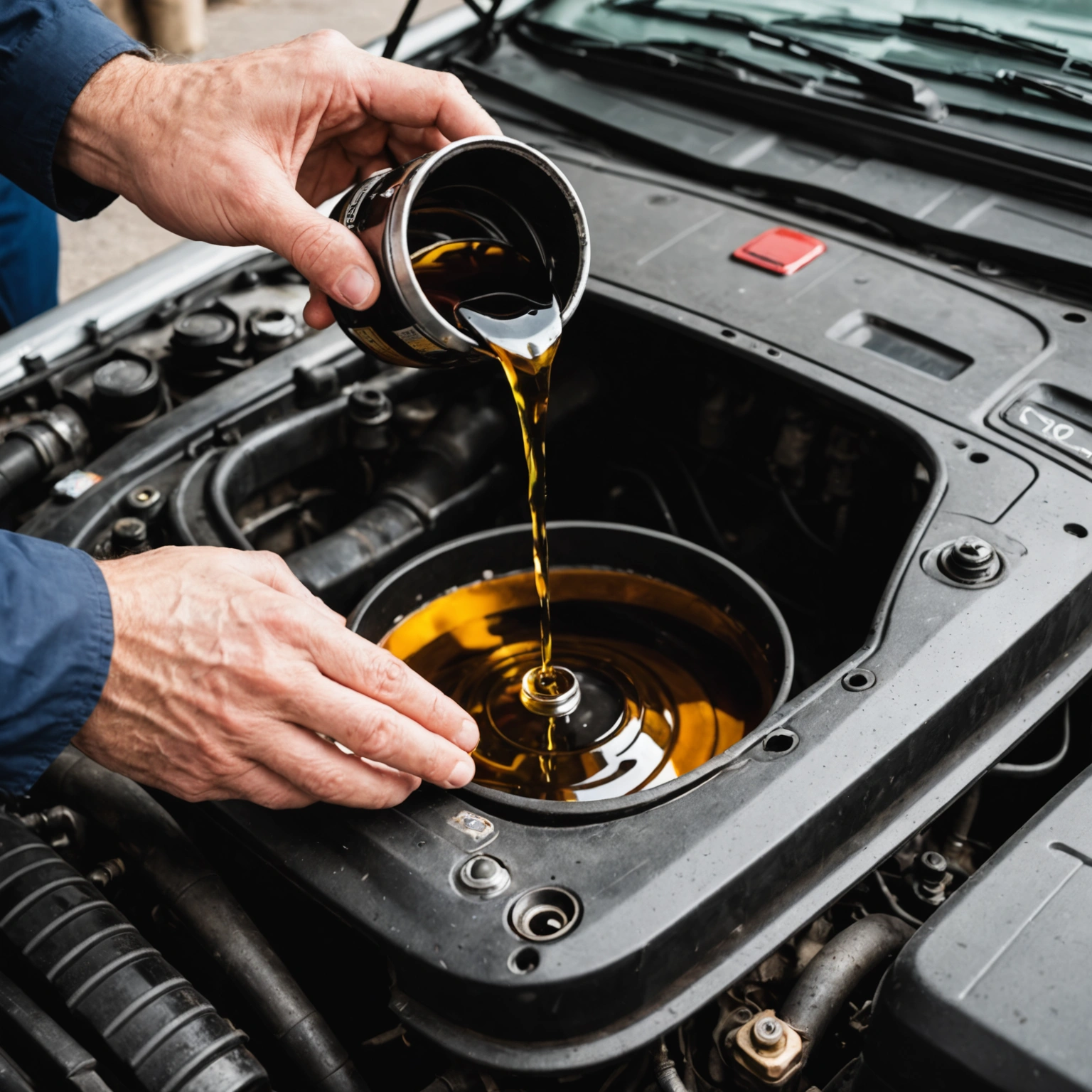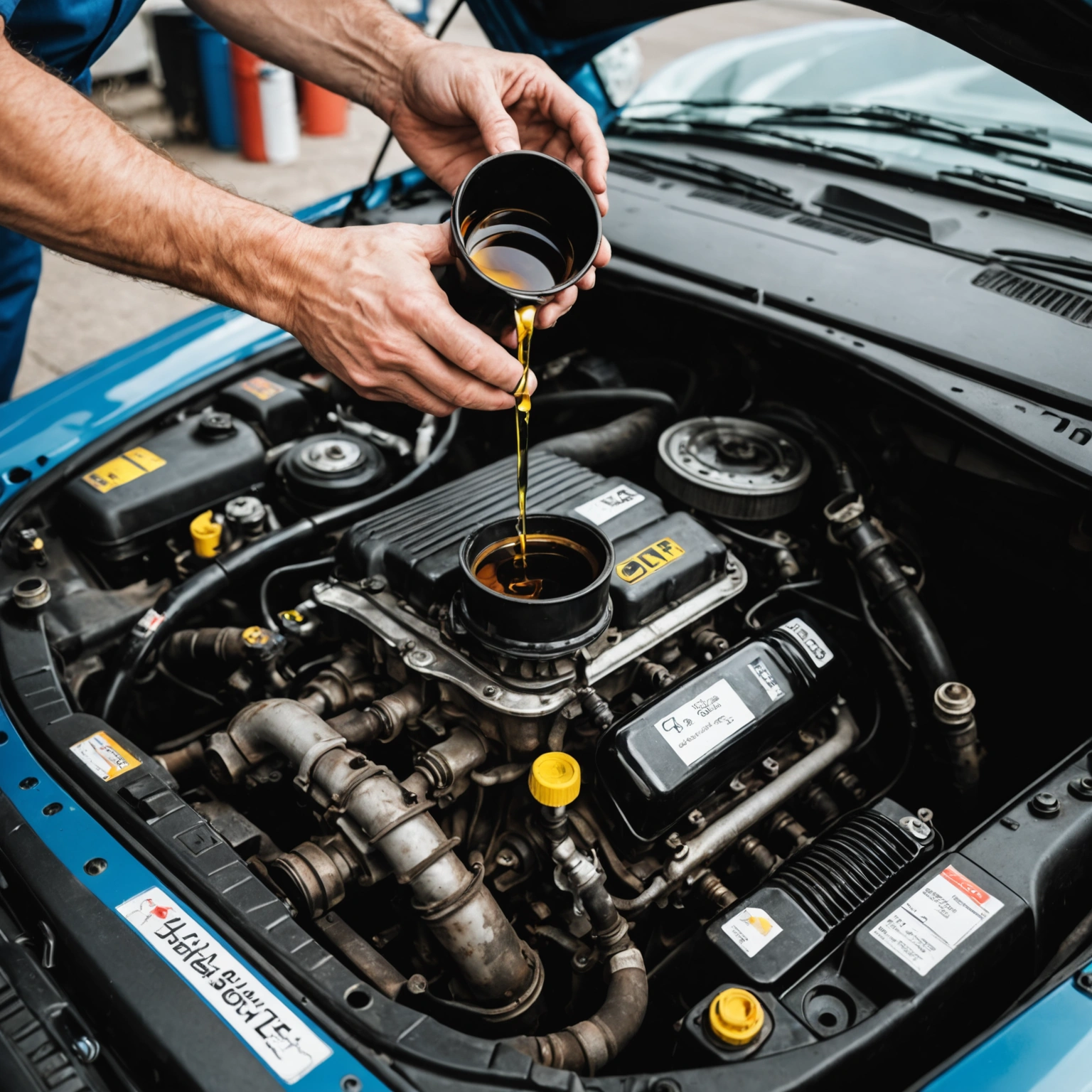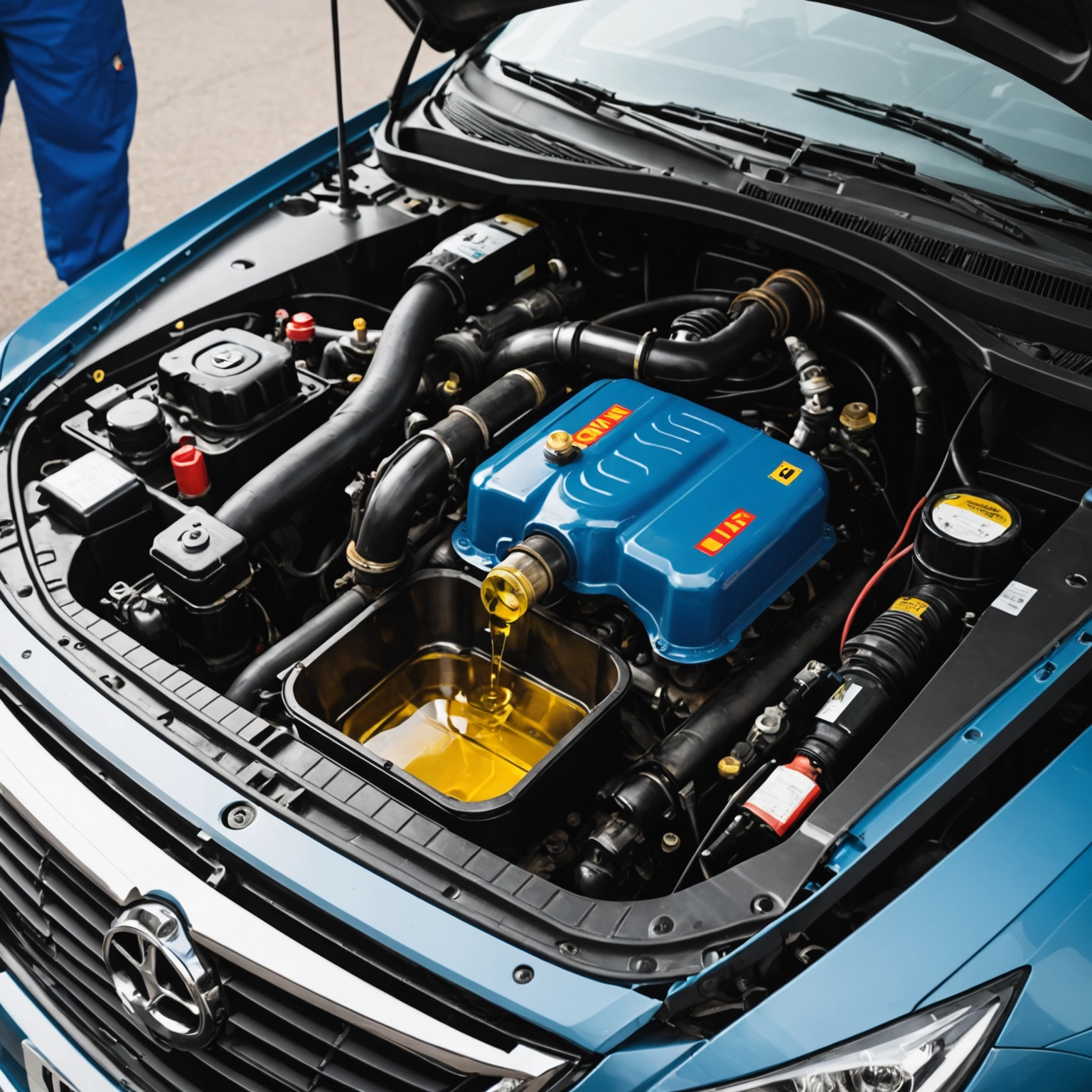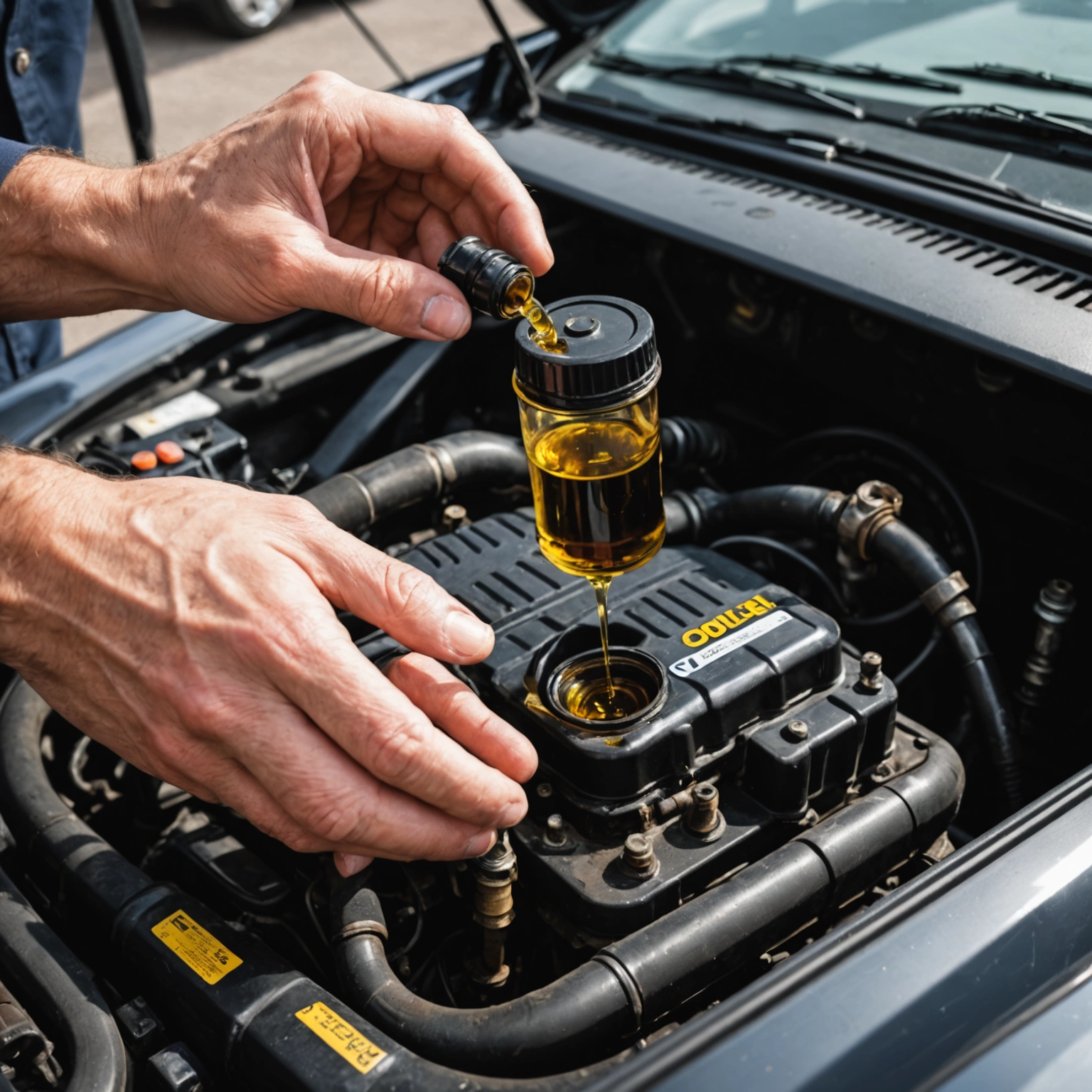**Why Is My Car Using So Much Oil? Understanding the Causes and Solutions**
If you’ve noticed that your vehicle is consuming more oil than usual, it can be concerning—and potentially costly. Excessive oil consumption can indicate underlying issues that, if left unaddressed, may lead to engine damage or reduced performance. In this blog post, we’ll explore the common reasons why your car might be using too much oil and what you can do about it.

### Common Causes of Excessive Oil Consumption
**1. Worn or Damaged Piston Rings**

Piston rings seal the combustion chamber, preventing oil from entering and burning along with fuel. Over time, these rings can wear out or become damaged, allowing oil to seep into the combustion chamber and burn off. This is often a primary culprit in older vehicles or those with high mileage.
**2. Valve Seal Leaks**

Valve seals prevent oil from leaking into the engine cylinders via the valve stems. Worn or hardened seals can allow oil to enter the combustion chamber, especially during startup or when the engine is cold, leading to increased oil consumption.
**3. PCV (Positive Crankcase Ventilation) System Issues**

The PCV valve helps regulate the release of gases from the engine crankcase. A clogged or malfunctioning PCV valve can cause pressure buildup, pushing oil past seals and into the intake system, resulting in higher oil usage.
**4. Oil Leaks**
External leaks from gaskets, seals, or loose fittings can cause oil loss. While this doesn’t necessarily mean the engine is burning oil, it’s an important factor to consider, especially if you notice oil spots under your vehicle.
**5. Using the Wrong Oil**
Using oil with an incorrect viscosity or low-quality oil can lead to faster breakdown and increased consumption. Always follow your vehicle manufacturer’s recommendations for oil type and grade.
**6. Engine Wear and Tear**
High mileage engines tend to consume more oil due to general wear on components. This is often unavoidable but can be managed with regular maintenance.
### How to Determine If Your Car Is Burning or Leaking Oil
– **Check the Oil Level Regularly:** Use the dipstick to monitor oil levels and note how quickly they drop.
– **Look for Blue Smoke:** Blue smoke from the exhaust during startup or acceleration indicates oil burning.
– **Inspect for Oil Leaks:** Examine the ground where you park and under the engine for oil spots or puddles.
– **Check for Oil Consumption Patterns:** If you need to add oil frequently, it’s a sign of excessive consumption.
### What Can You Do?
– **Perform Routine Maintenance:** Regular oil changes with the correct oil type can reduce consumption.
– **Replace Faulty Components:** Address issues with piston rings, valve seals, or PCV valves promptly.
– **Fix External Leaks:** Seal or replace leaking gaskets and seals.
– **Consult a Professional:** If you’re unsure about the cause, a qualified mechanic can perform a compression test or leak-down test to diagnose internal engine issues.
### Final Thoughts
Excessive oil consumption isn’t something to ignore. It can be a symptom of more serious engine problems that, if left untreated, may lead to costly repairs. Regular maintenance, attentive monitoring, and prompt repairs are key to ensuring your vehicle runs smoothly and efficiently.
If you’re experiencing unexplained oil loss, don’t hesitate to consult with a trusted automotive professional to diagnose and address the issue effectively.

